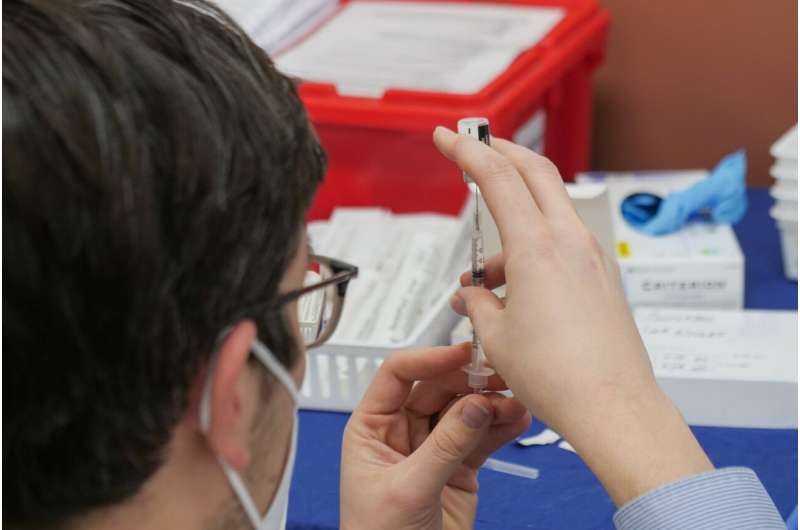Children Unvaccinated Against COVID-19 Face up to 20 Times Greater Risk of Long COVID, New Study Shows

A recent study led by researchers from the Perelman School of Medicine at the University of Pennsylvania highlights the significant increased risk of developing long COVID among unvaccinated children and adolescents. The research found that unvaccinated children are up to 20 times more likely to experience prolonged COVID-19 symptoms compared to their vaccinated peers. The study emphasizes that the primary benefit of vaccination appears to be the prevention of initial infection, which in turn reduces the risk of long COVID, rather than providing direct protection against long COVID itself.
Published on April 21, 2025, the study utilized electronic health records from nearly 400,000 young individuals across the United States. The researchers examined data from periods dominated by the delta and omicron variants, creating separate cohorts for children aged 5-11 and adolescents aged 12-20. Results showed that during the delta wave in 2021, vaccination was approximately 95% effective at preventing long COVID in adolescents, with vaccinated individuals showing only about 5% of the risk faced by unvaccinated adolescents. During 2022, with the omicron variant, vaccine effectiveness was estimated at around 60% for younger children and 75% for older adolescents.
Importantly, the study's mediation analysis revealed that once infected, vaccinated and unvaccinated children have similar risks of developing long COVID, suggesting vaccination's primary benefit lies in preventing infection rather than reducing the severity or duration of post-infectious symptoms. Researchers concluded that vaccination remains the most effective strategy to lower the risk of long COVID by preventing initial infection.
Long COVID, also known as post-acute sequelae of SARS-CoV-2 infection (PASC), continues to puzzle scientists. This syndrome involves persistent symptoms such as fatigue, brain fog, and other non-specific issues that can linger for weeks or months after recovery from COVID-19. While its exact causes are still uncertain, it is recognized as a common post-infection complication. Despite concerns, vaccination proves crucial in preventing the initial infection, thereby significantly reducing long-term health risks among children and adolescents.
For more detailed insights, the full study is published in eClinicalMedicine and available at https://dx.doi.org/10.1016/j.eclinm.2024.102962.
Stay Updated with Mia's Feed
Get the latest health & wellness insights delivered straight to your inbox.
Related Articles
Majority of Donor-Conceived Children Are Informed of Their Biological Origins, New Study Finds
A new study shows that most parents of donor-conceived children disclose their origins early, supporting healthy identity development in children.
New Study Finds Cyclical Patterns in Large-Scale Cortical Brain Networks
Neuroscientists have discovered that large-scale cortical networks in the human brain follow a structured cyclical pattern, possibly facilitating efficient cognitive processing and impacting mental health research.
Using Air Purifiers Can Lower Heart Risks for Those Exposed to Traffic Pollution
Using portable HEPA air purifiers may significantly reduce blood pressure in adults exposed to traffic-related air pollution, potentially lowering cardiovascular risks—a promising low-cost intervention for vulnerable populations.



